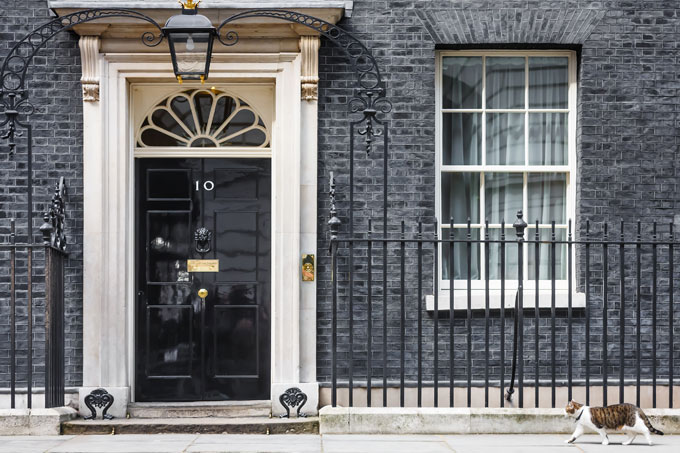Like much of the general public I find myself both confused and conflicted by the latest twist in the Tory psychodrama.
It seemed like the governing Conservative and Unionist party was engaged in an ideological struggle which did not really connect with the general population. This same population was experiencing a cost-of-living crisis which according to all reasonable economic forecasts will result (indeed is resulting) in real suffering and starvation. Will the new Prime Minister Liz Truss help out the 99%, or rather give extensive tax breaks to the 1%?
In her victory speech, Liz Truss was keen to praise her disgraced friend Boris Johnson.
I was interested to hear the wonderful Mary Beard on Radio 4’s Today Show this morning (6th September) comment on Boris Johnson’s final Speech on leaving Downing Street. Johnson stated: ‘And, like Cincinnatus, I am returning to my plough.’ Why is Johnson’s habitual reference to the classics on this occasion so interesting? Because as Beard notes, Cincinnatus returns briefly to power in order to cut down a ‘popular uprising by the underprivileged’. So, this is an anti-democratic version of Arnold Schwarzenegger’s violent robot character in Terminator (‘I’ll be back’!).
Could we read this as a thinly disguised promise to the far right of his party that if Liz Truss forgets the 1% in favour of the 99%, he may have to make a return?
Truss stated in her acceptance speech that she would govern as a Conservative. But what does this mean?
Historically the Conservatives have been a broad church. Margaret Thatcher side-lined the One Nation tradition, and moved the Conservatives closer to the ideological space occupied in the Nineteenth Century by the Liberals. Some of the supporters of Truss might be characterised as neo-liberals (anti ‘big state’, pro free markets and globalisation). However, they are often simultaneously economic nationalists – English versions of the Make America Great Again (MAGA) movement. Truss had to get these groups on board to win. However, she is ideologically I think closer to the neoliberal position. She was after all not a Brexiteer. And she was once a Liberal Democrat. But she is clearly in favour of massive deregulation, and against redistributive forms of taxation.
So, in short, the 1% can be very happy pronouncing ‘In Liz we Trust!’ And from what we are hearing so far about Truss’s likely Cabinet, Johnson may be able to stick with his plough?
Professor David Bates, is Director of Politics and International Relations, and Associate Director of Research and Enterprise (Social Sciences).
 Expert comment
Expert comment Emma Grafton-Williams
Emma Grafton-Williams 2885
2885


